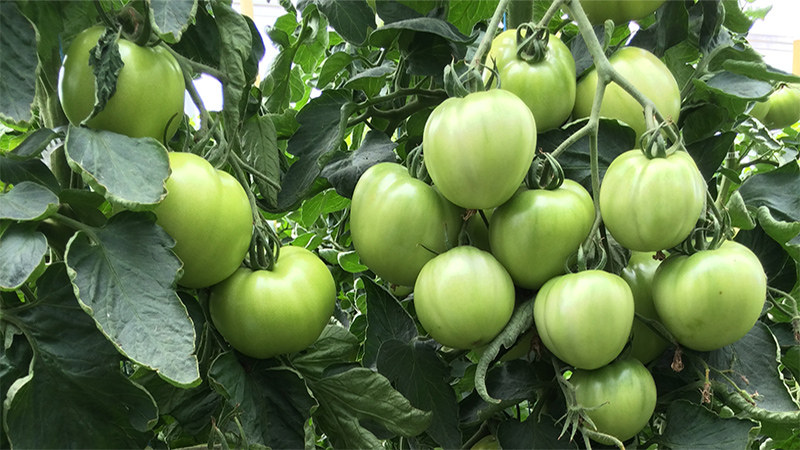5 Indian Agrochemical Companies That Take Corporate Social Responsibility Seriously
Agriculture holds prime importance in the socio-economic fabric of India and contributes to about 17% of the nation’s Gross Domestic Product (GDP), according to The CSR Journal. About 43% of the total population of the country are employed in the agriculture sector. However, the biggest challenge that the sector faces is that the crop yields obtained in the country are significantly lower as compared to other countries, making it less profitable.
Approximately 25% of global crop output is lost due to attacks of pests, weeds, and diseases. Every year in India, pests and diseases destroys around 20%-30% of food, worth INR 45,000 crores. Agrochemicals play a vital role in controlling weeds, pests, and diseases that infest, consume, and damage crops, thereby reducing the quantity and quality of food produced.
In this manner, the agrochemical companies play a vital role in the economy by providing food security, and by supporting the livelihood of nearly half the population of the country. In addition to this, these companies play an active role in community development in India through their CSR initiatives. Let us look at five agrochemical companies in India that take CSR seriously.
UPL
UPL, also known as United Phosphorus Limited is a global leader in the agrochemical industry. The company takes its responsibility for society very seriously. Sandra Shroff, Vice Chairman, UPL has said, “Caring enough is the commitment to ‘Do things better’ – not just for the business but for the world at large. We undertake multiple initiatives to strengthen communities.”
UPL focuses its CSR initiatives on causes such as education, sustainable livelihoods, nature conservation, and meeting local needs among others.
UPL built institutions of excellence to improve the quality of education and to raise responsible and skilled human capital in the region. Quality of education is dependent on a number of factors like health and motivation of students, competent teachers, teaching methodologies, and relevance of curriculum, governance structure, and many more.
UPL works on all of these to enhance the quality of education through a company-promoted trust called Gyan Dham Vapi Charitable Trust. The Trust is currently working with two schools – Smt. Sandraben Shroff Gyan Dham School and Gyan Dham Eklavya Model Residential School. The Smt. Sandraben Shroff Gyan Dham School in Vapi was established 46 years ago to provide education to the local children and the children of UPL’s factory personnel. Today, the school has a capacity of 1,600 students from nursery to class 12. The school is equipped with good infrastructure facilities and provides education in English Medium. The Gyan Dham Eklavya Model Residential School, Ahwa Dist-Dang is an educational institute started by the Government (in 2000) for imparting education to the children belonging to the tribal community.
UPL is working to provide sustainable livelihoods to rural marginal women through the program “UPL Udyamita”. Udyamita is a Sanskrit word that means “Entrepreneurship”. The Udyamita program is aiming at equipping individuals (with a strong focus on women) with the understanding, skills, and access to information, knowledge, and training that enables them to perform effectively. To improve the capabilities of the youth in the region, UPL established an industrial skill training center (known as UPL Niyojaniy) in 2014 with an objective to provide comprehensive industry-specific skills training to the dropped-out youth so that the unemployed youth can be successfully employed in nearby industries.
UPL initiated the “UPL Sarus Conservation” program with the objective to preserve Sarus through a participatory approach involving farmers and other stakeholders. The project has documented the population; abundance and distribution of the species. Total 726 Sarus cranes were documented from Kheda district. Seven summer and four winter congregation sites were identified. The highest number of Sarus Crane during summer was observed at Vanktalav of 168 Sarus cranes. While in winter highest congregation of Sarus crane was recorded in Limbasi (170) Sarus crane was recorded in the agricultural field.





